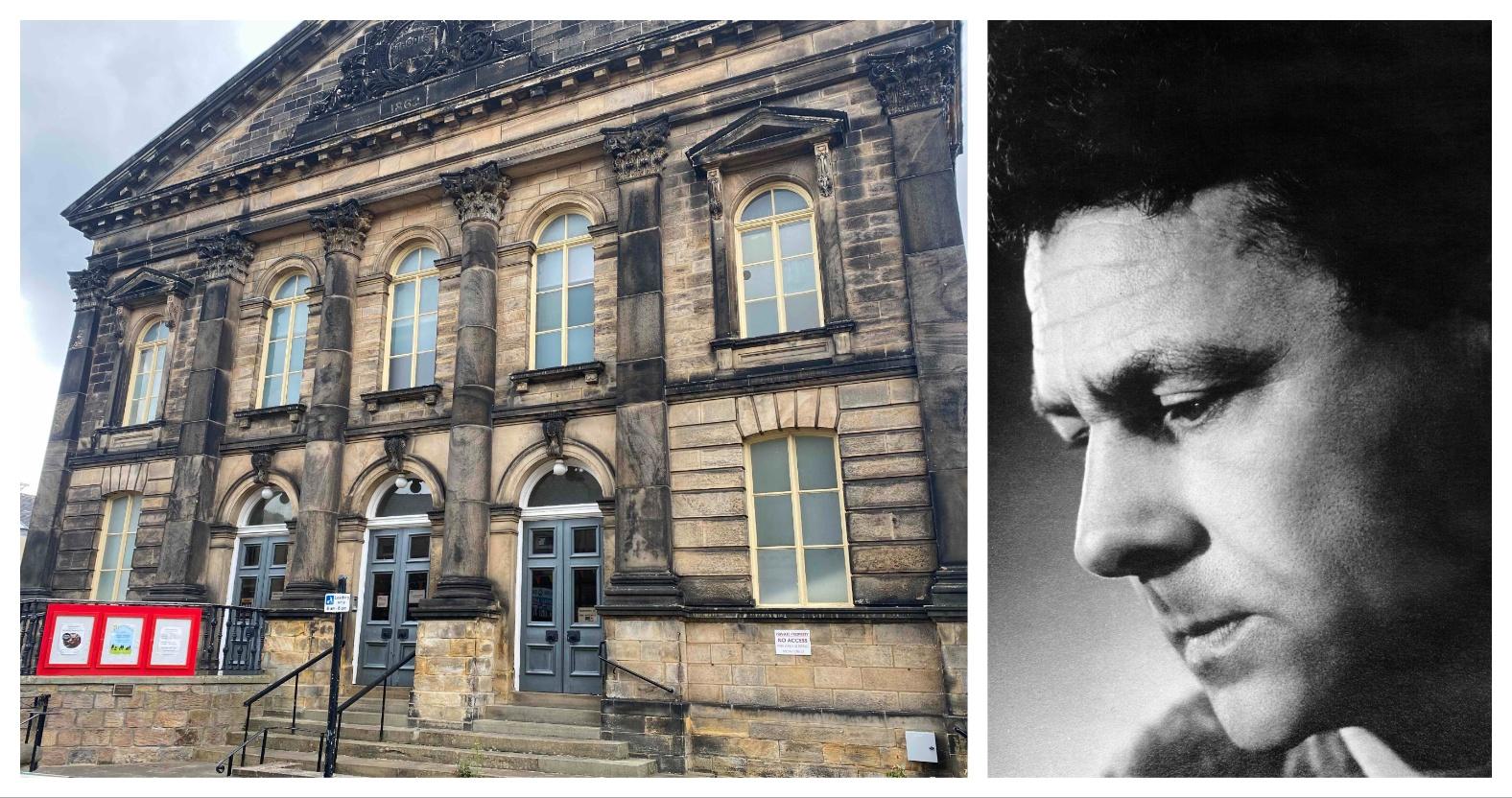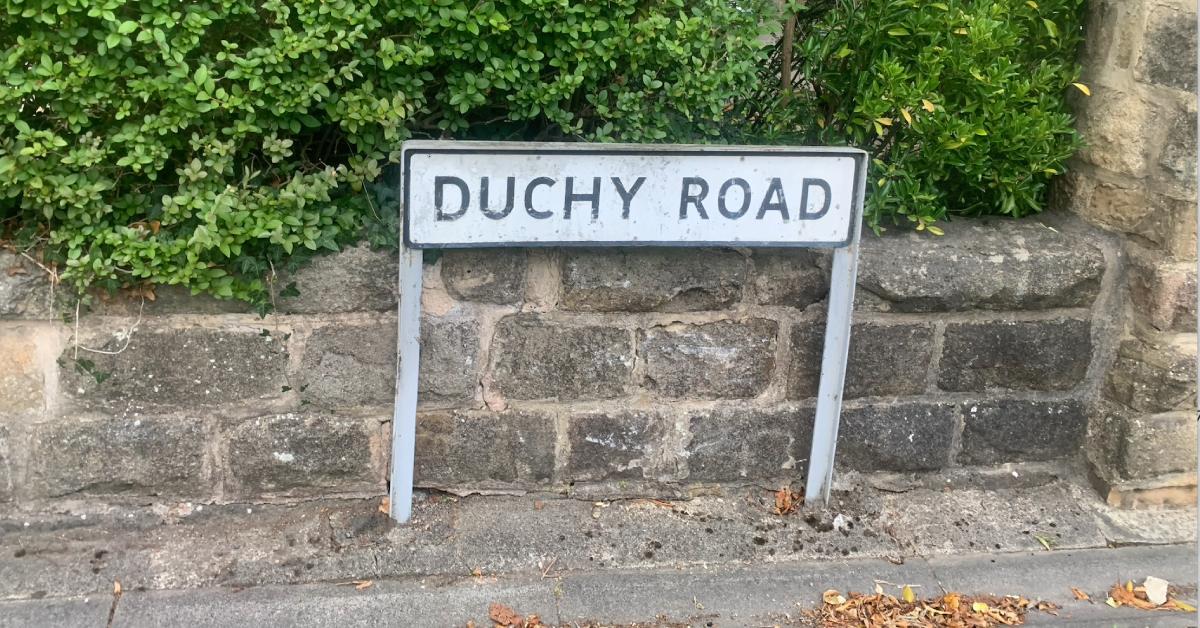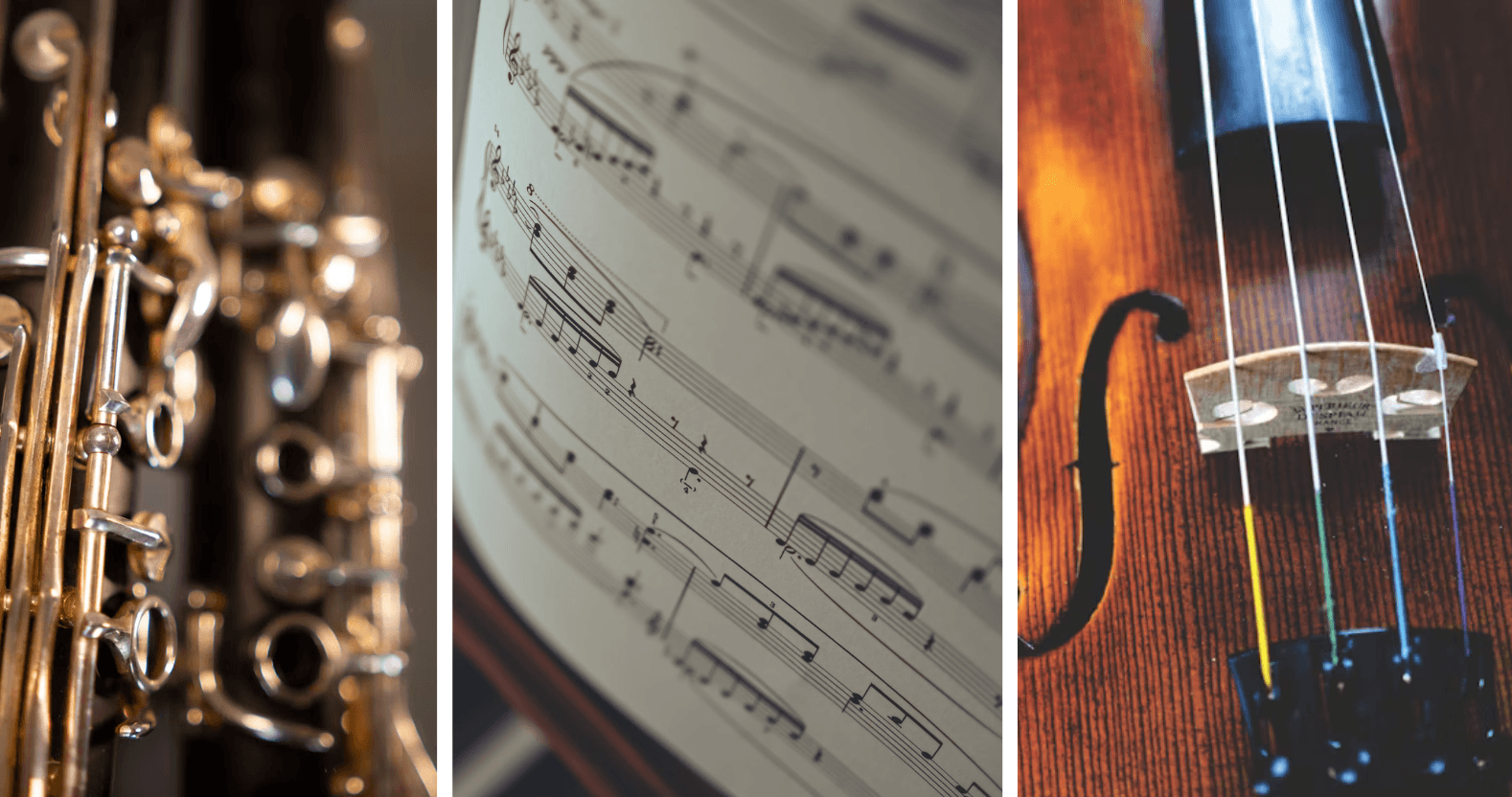Thank you for your interest in this story
To continue reading this article, subscribe to the Stray Ferret for as little as £1 a week
Already a subscriber? Log in here.
30
Nov 2024
Local history spotlight Harrogate: Gerald Finzi, the composer shaped by Yorkshire

This evening (Saturday, November 30) Harrogate is to host a new music festival celebrating the work of a Gerald Finzi – a renowned 20th century British composer, whose early foray into music was shaped by his time in the town.
Ahead of The Harrogate Finzi Festival, we’re looking back on the life of the musician described as the 'most characteristically English of composers'.
The early years
Gerald Finzi was born in Maida Vale, London on 14 July 1901 to a middle-class Jewish family. The youngest of five children, his father John (Jack) was a shipbroker, running his own company Finzi, Layman, Clark & Co.
The family spent the first seven years of Finzi’s life in the capital city, but tragedy struck early when Jack died after a long battle with cancer, which saw him lose an eye and a part of his upper jaw in an effort to contain the disease.
Following the outbreak of World War One, Lizzie decided to move the family to Harrogate. A house on Duchy Road is where much of Finzi’s formative years were spent, and where he developed his love for music and the arts.
Growing up, he loved to watch his neighbours pick apples from their trees – an interest that would be explored more fully later in his life.
Finzi began to study music at Christ Church, High Harrogate, under Ernest Farrar from 1915, and with Edward Bairstow at York Minster from 1917.
Sadly, tragedy did not stop at the death of Finzi’s father; while living in Yorkshire, his three brothers died, reducing the family to three – Lizzie, Gerald and his older sister Kate.
His mentor Ernest Farrar also died, killed in action on the Western Front. Around this time – and perhaps as an exploration of his grief – Finzi started to set poems by Thomas Hardy and Christina Rossetti to music, attracted by the themes of childhood and loss of innocence.
Thomas Hardy especially would be something of a muse to Finzi throughout his life; his first published work was By Footpath and Stile, a song-cycle paired with texts by Hardy.

The Finzi family moved to a house on Duchy Road
Creative inspiration
After moving to Painswick, Gloucestershire in 1922 he produced an orchestral piece A Severn Rhapsody and other Hardy scores, before relocating to London.
While there, he became firm friends with other notable musicians, including Gustav Holst, Arthur Bliss and Ralph Vaughan Williams.
Vaughan Williams actually helped secure him a teaching post at the Royal Academy of Music for a three-year period.
He also met and married the artist Joyce Black, and the couple moved to Aldbourne in Wiltshire where he split his time between composing, apple-growing and building a large archive of English poetry, philosophy and literature.
He founded the Newbury String Players, an amateur chamber orchestra that he conducted until his death. During the 1930s, although he was constantly working on music, he didn’t necessarily catch the break he needed to catapult him into fame.
World War Two proved another hurdle to his career; his composition Dies Natalis was supposed to be performed at the prestigious Three Choirs Festival in 1939, but this was cancelled.
Despite this, and the distraction of his wartime occupation working for the Ministry of War Transport and housing refugees, he still composed and published musical pieces.
Between 1939 to the start of the 1950s is when his most recognisable work was created; Lo, the Full, Final Sacrifice, For St Cecilia, Intimations of Immortality and Clarinet Concerto to name a few.

The Harrogate Finzi Festival is taking place on November 30 - December 1 (Image: Unsplash)
Later life and legacy
In 1951, after a period of ill health, Finzi was diagnosed with Hodgkin lymphoma, a type of cancer that can make an individual more susceptible to illness and infection.
After being given a prognosis of 10 years to live, he composed his last major piece of music Cello Concerto, the sombre first movement of which many felt reflected his emotional state after receiving the news.
In 1956, after a trip with long-time friend Vaughan Williams, Finzi developed shingles, which then is believed to have devolved into disseminated shingles and encephalitis.
He passed away, age 55, at the Radcliffe Infirmary in Oxford. In a strange twist of fate, Cello Concerto was broadcast for the first time on the radio the night before his death.
Finzi’s wife and his two children were instrumental in keeping his legacy alive. Christopher, the eldest, became a conductor in his own right and his younger brother Nigel was an accomplished violinist.
Last month, the Stray Ferret reported that the Wesley Chapel will host The Harrogate Finzi Festival for the first time, on November 30 and December 1.
Speaking to the Stray Ferret ahead of the festival, artistic director William Rolt explained:
It seems that most Finzi concerts are concentrated around where he lived later in life such as Ashmansworth in Hampshire and it seemed a shame to me that Harrogate didn't have quite as much of that.
Especially as if Finzi hadn't met Ernest Farrar in Harrogate, he might not have gone on to pursue a career as a composer at all.
Finzi is such a great composer, and his youth in Harrogate had a major impact on the rest of his life. His experiences during this time shaped his view of the world, and some of his major interests - which became well-known later in his life - began in Harrogate.
All in all, I think Harrogate as a town should be immensely proud of its effect on one of the greatest composers of the 20th century.
Sources for this article include information from The Finzi Trust website, a biography published to www.geraldfinzi.com, an article on the Classic FM website, Gerald Finzi: His Life and Music by Diana McVeagh (2005), and information provided by Harrogate Finzi Festival organisers.
0